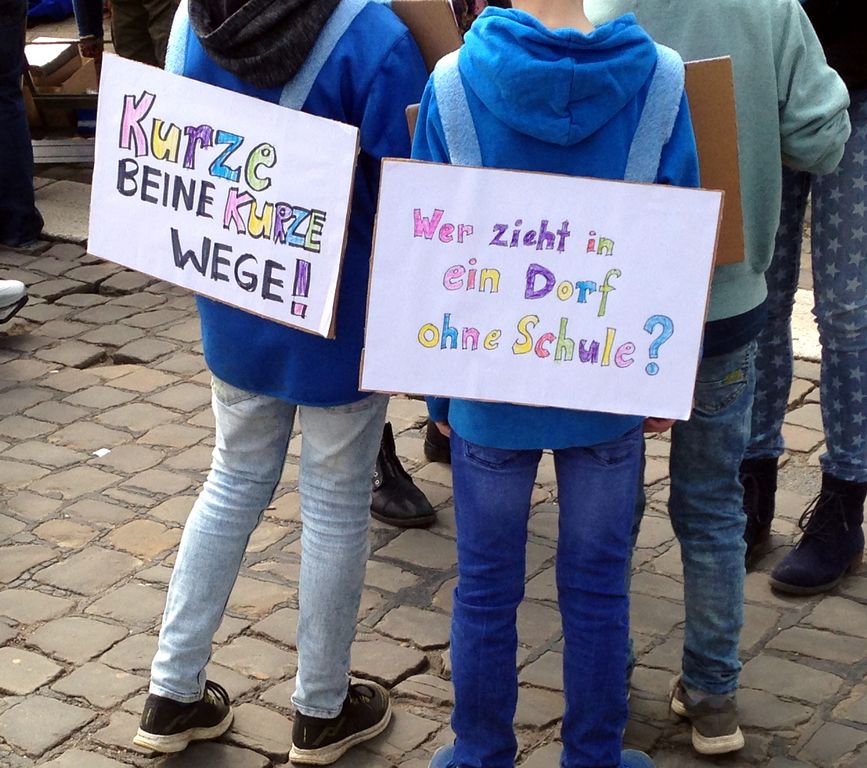For decades, rural areas have been undergoing structural change, which is associated with a variety of challenges for the people who live there. How can politics, administration and civil society meet these challenges and positively shape local living conditions?
This Field of Activity focuses on the following key questions:
- How can the federal government, states, municipalities and the EU purposefully influence living conditions in rural areas?
- What is the role of civil society actors?
We analyse how the state can and does become active at different levels - municipalities, federal states, the federal government and the European Union. We examine, for example, how policies emerge within this intertwined multi-level system and how they influence living conditions in rural areas. Our analyses focus on the structures of support and the challenges faced by regional and local actors in rural areas. On this basis, we derive recommendations for a more effective interplay.
In addition to politics and administration, civil society also plays a central role in actively shaping living conditions in rural areas. We investigate how civic associations and local citizens get involved and contribute to shaping processes. This includes, on the one hand, political participation (voting behavior, involvement in political initiatives and party work) and, on the other hand, voluntary engagement in local clubs or associations.
Since political and civic action is embedded in structural and cultural contexts, we are also concerned with political culture and the democratic community. Thus, we conduct research on political attitudes, values and convictions of people in rural areas.

![[Translate to English:] [Translate to English:]](/media/_processed_/2/0/csm_LV_Bei_Hornburg_Quelle_Johanna_Fick_neu_da89674833.jpg)
![[Translate to English:] [Translate to English:]](/media/_processed_/2/0/csm_LV_Bei_Hornburg_Quelle_Johanna_Fick_neu_3aae309567.jpg)






